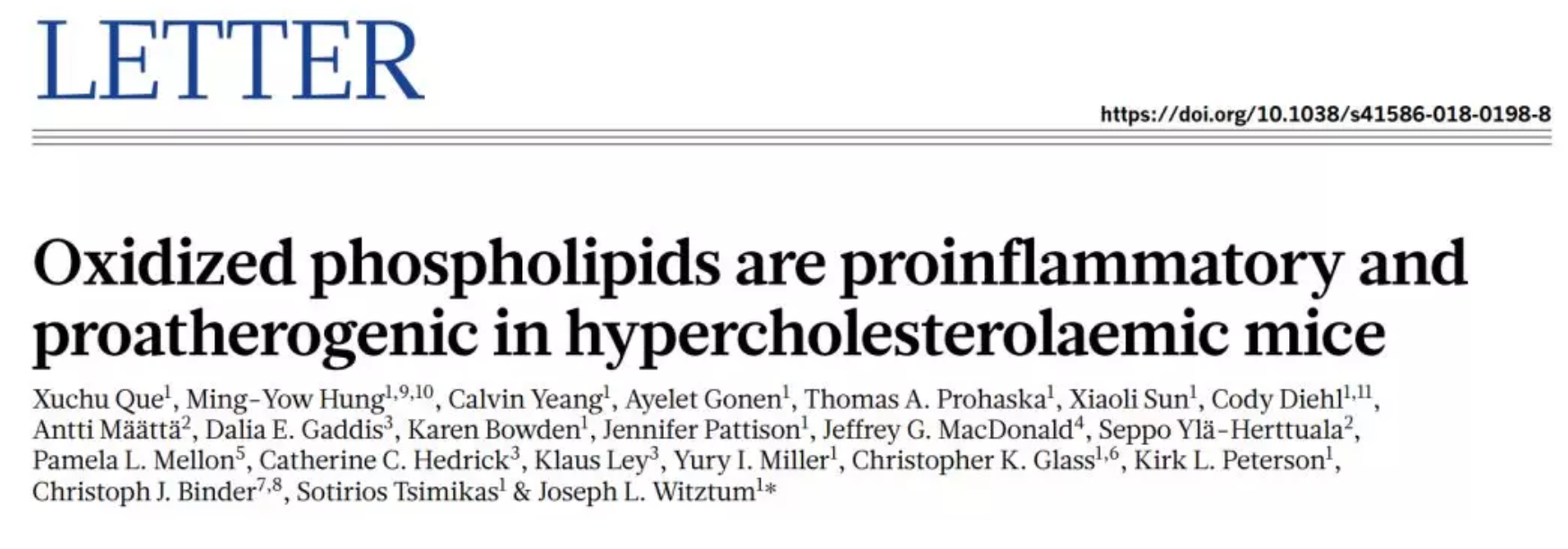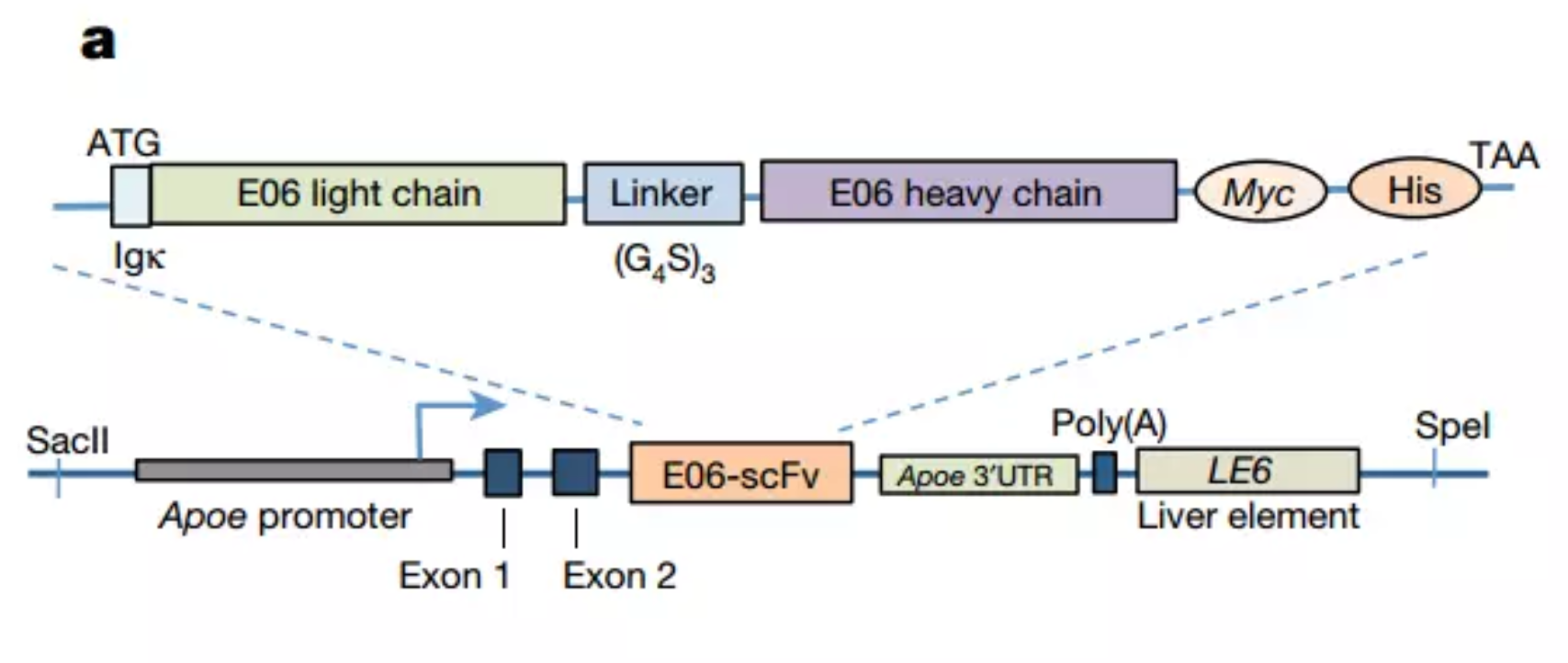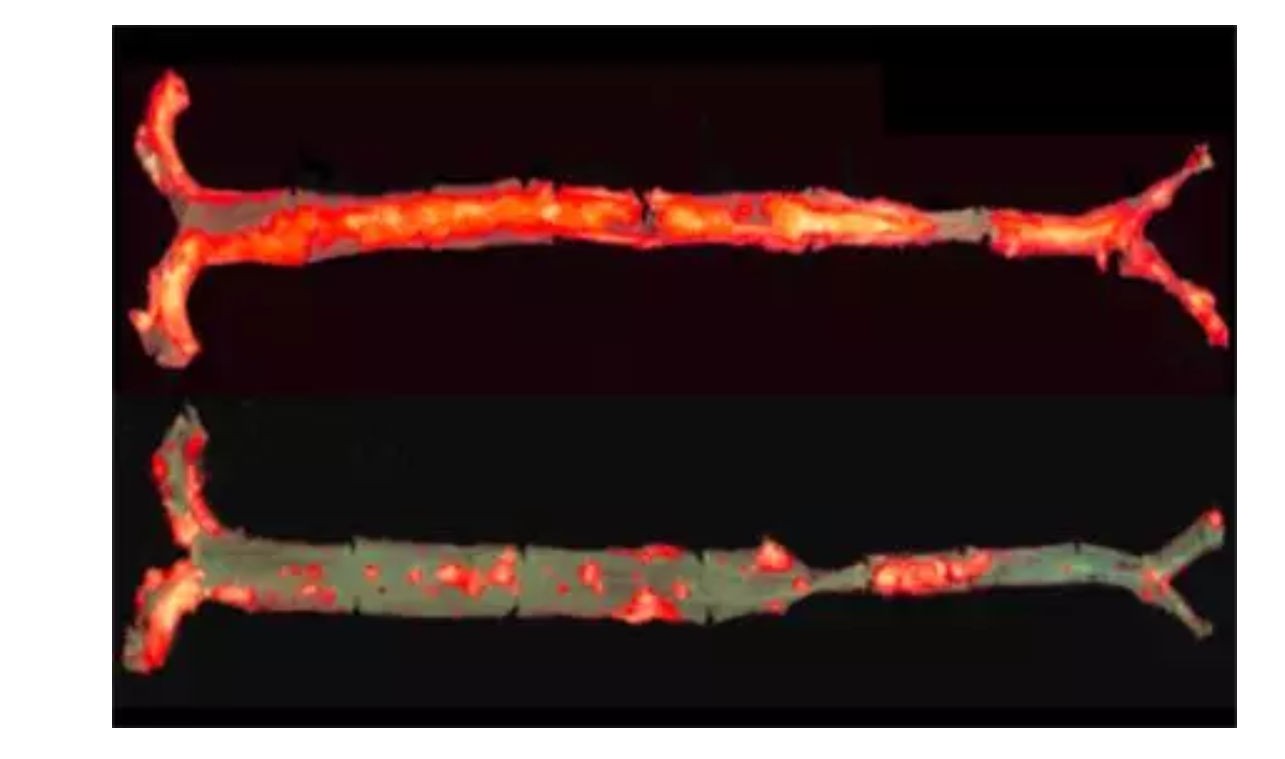Related Product:pSecTag2A-E06-scFv plasmid
Including the World Health Organization (WHO) and the National Academy of Medicine, a large number of authoritative organizations believe that fat (especially saturated fat) is a major risk factor for cardiovascular disease. In 2017, the American Heart Association released a review, stating that reducing saturated fat intake can reduce cardiovascular risk by 30%.

Researchers from the University of California, San Diego discovered that mice can eat a year of high-fat food, without serious cardiovascular disease, under the influence of an antibody antibody that binds oxidized phospholipids (OxPL). The finding was published in the Nature this week.
This interesting result comes from our research on phospholipids. We know that phospholipids are part of the cell membrane. In the inflammatory environment, some phospholipids are easily oxidized to form "oxidized phospholipids." "Oxidized phospholipids occur when the body becomes inflamed," said the study's correspondent Professor Joseph Witztum. "This does not mean that oxidized phospholipids are the cause of inflammation, but at least it has an important role in the inflammatory response."

Previously, researchers found that oxidative phospholipids accumulate under inflammatory atherosclerosis. To understand the role of oxidized phospholipids in cardiovascular disease, the researchers developed a mouse model. This model has two characteristics: first, it is prone to atherosclerosis due to genetic variation; second, the researchers designed an antibody fragment called E06 and allowed it to be expressed in mice. After being secreted into plasma, this antibody fragment can effectively bind oxidized phospholipids and inhibit its potential inflammatory effects.

When everything was ready, researchers began to observe the effects of a high-fat diet on these mice. Excitingly, the E06 antibody fragment actually reduced atherosclerosis in the mice. Compared with the control group, the atherosclerosis in the experimental group was reduced by 28%-57%! Moreover, the aortic valve calcification and fatty liver conditions in mice are also reduced. Imaging these are the mice that have eaten high-fat food for a whole year!
In addition, this antibody fragment also has a good protective effect. Under a long-term, high-fat diet, the body function of the control mice showed no accidental deterioration. After 15 months, 46% of the control mice had died. This number was 0% in mice, in the presence of E06 antibody fragments.

"For the very first time, we demonstrate that oxidized phospholipids promote inflammatory reactions and atherosclerosis. More importantly, E06 antibodies can fight these phenomena," commented Professor Witztum: "This suggests that therapy that inhibits oxidized phospholipids may reduce inflammation overall. This brings benefits, especially in atherosclerosis, aortic stenosis, and hepatic steatosis."
Next, the researchers plan to conduct more experiments in mice to assess whether E06 antibodies can effectively alleviate the symptoms of other human disease models. If this can bring innovative therapies, it will undoubtedly bring new hope to the vast patients.
References:
[1] Oxidized phospholipids are proinflammatory and proatherogenic in hypercholesterolaemic mice
[2] Antibody Blocks Inflammation, Protects Mice from Hardened Arteries and Liver Disease
Related Product:pSecTag2A-E06-scFv plasmid
Souce: NovoPro 2018-06-11
